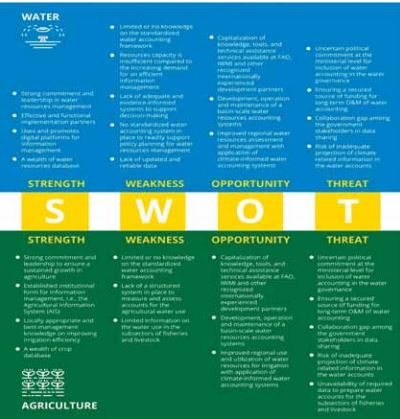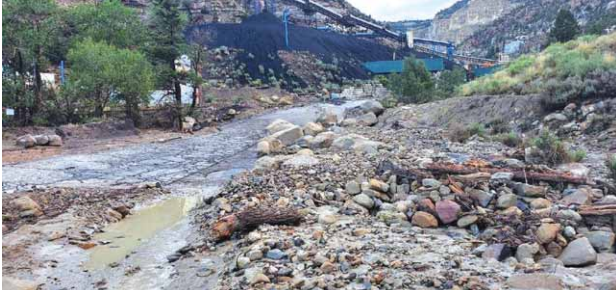On May 27, 2024, the Asian Disaster Preparedness Center (ADPC) published a critical review study aimed at enhancing Bangladesh’s capacity to manage water resources in the face of climate change. The study, titled “Bangladesh: Adapting to a Changing Climate by Water Accounting,” is a technical paper produced by ADPC’s Climate Resilience and Risk Governance Department. It focuses on developing a comprehensive framework for climate-inclusive water accounting (WA) specifically tailored for the agricultural sector in Bangladesh.
In Bangladesh’s deltaic environment, where the dependency on water is exceptionally high, efficient water management is crucial, particularly for agriculture. The ADPC’s study assesses the current status of water accounting practices in the country, addressing eleven critical questions to evaluate the effectiveness of existing systems. The findings of this study are expected to serve as a technical reference and knowledge base for integrating water accounting into the broader water governance process. By doing so, the country can design a climate-informed water accounting system that addresses the unique challenges faced by its agriculture sector.
The responsibility for implementing water accounting in Bangladesh lies primarily with the Ministry of Water Resources (MoWR). However, the ADPC’s report highlights the need for collaboration with other key ministries, including the Ministry of Agriculture (MoA) and the Ministry of Local Government, Rural Development and Cooperatives (MoLGRD&C). The report is therefore directed not only to the MoWR but also to the MoA, MoLGRD&C, and other relevant agencies that will play a vital role in the successful adoption of this framework.
The review conducted by ADPC focuses on the agricultural sector’s water use, particularly in the sub-sectors of crop production, fisheries, and livestock. Agriculture remains the largest consumer of Bangladesh’s freshwater resources, making it imperative to adopt scientifically recognized techniques like water accounting. Such measures are essential for the efficient management of water resources, ensuring food security in the face of growing demand and increasing climate vulnerabilities.
As Bangladesh continues to grapple with the challenges posed by climate change, the ADPC’s work represents a significant step forward in building resilience within the country’s agricultural sector. By adopting a climate-inclusive water accounting framework, Bangladesh can better manage its water resources, safeguarding both its agricultural productivity and its population’s food security.
Source:
Asian Disaster Prepardeness Center
ADPC Develops Climate-Inclusive Water Accounting Framework for Bangladesh’s Agriculture Sector






